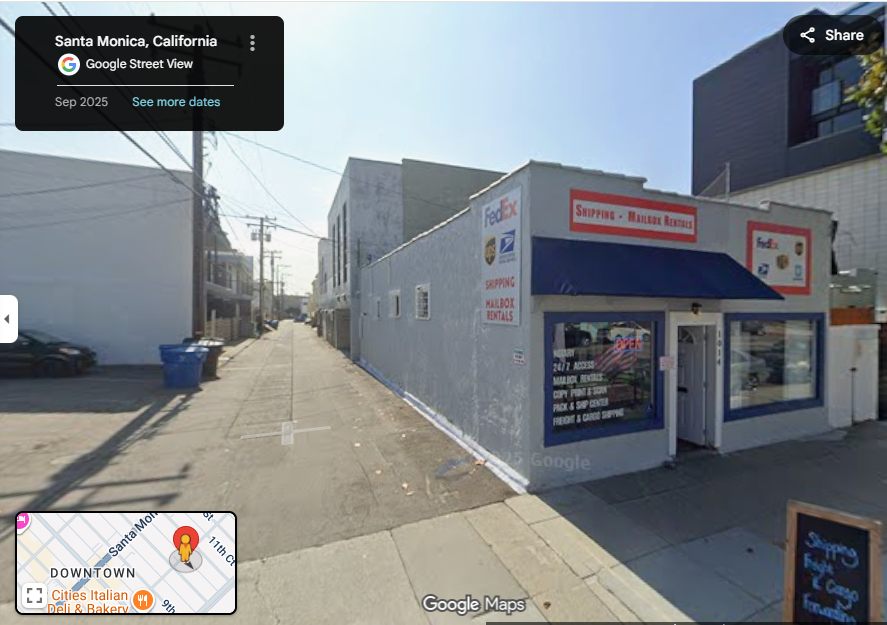How to Avoid Scams for Trademark Services
Congratulations! You’ve received an official registration of your trademark from the USPTO!
The next thing you know, you are getting emails and letters that look official, telling you that you have to pay them thousands of dollars to protect your marks.
This happens so frequently that the USPTO has a whole FAQ page around the issue. The materials scammers send are becoming more sophisticated and believable every day.
Why is this a problem?
In working with scammers, you could provide your personal financial information to them and lose control of your info
You could be out of pocket if you pay them to provide services that are unnecessary at best, and fraudulent at worst
In the event that you or someone in your company receives a call, email, letter, or text from someone claiming to be the USPTO, urgently notifying you of fees related to your trademark application, pause.
Are they saying your mark will be approved once you pay? Are they claiming a third party is attempting to take over your mark? Has it been five years since you filed, and now your mark will expire if you don’t pay the fee immediately?
Keep this as a reminder for your company:
Scammers claim you could lose your trademark rights due to a third party, a lapse in paperwork, a deadline, a conflicting trademark, or a fee. The fees to register and renew trademarks are only needed at the time of filing or renewing — the correspondence is often sent before any real deadline, and usually demand significantly higher than actual fees. But the scary part is that the emails and letters are designed to deceive you into thinking they are official communications.
REMEMBER: the USPTO will never contact you to demand money. If you used an attorney to file, your attorney will receive all official communications.
A commonly used tactic of scammers is pressuring you to act quickly, before you can get some distance between your kneejerk reaction to respond. Even if you receive a phone call where the caller ID and phone number displayed seem legitimate, know that these and other internet links are easily mimicked.
Think rationally.
Check in with your lawyer, or find your trademark’s status in the USPTO’s TSDR (Trademark Status & Document Retrieval) system.
Never use any link or QR code that was sent to you by email or text, and do not open a message from an unfamiliar sender on messaging apps like WhatsApp. Reach out to the source by visiting the USPTO’s Trademark Assistance Center or calling 1 (800) 786-9199.
If you spot something suspicious, tell someone: email TMScams@uspto.gov and report possible trademark scams or USPTO imposters to the Federal Trade Commission.
Learn how to register and maintain a federal trademark in USPTO’s Trademark Basics Boot Camp, and check out more from USPTO’s resources on trademark scams.
Here is an actual scam email that one client received. Note the sense of urgency but also note that there are flags as to its inauthenticity.
The website and email address are fake, and if you look up the address, you can see it’s simply the site of a mailbox shop:
By engaging Martell Media House or other qualified intellectual property counsel to file your trademark application, you ensure better privacy of your data — no personal information of yours will be public-facing — and can be confident that your attorney will be in communication with the USPTO on your behalf.
The contents of this article are intended to convey general information only and not to provide legal advice or opinions, and should not be construed as, and should not be relied upon for, legal advice in any particular circumstance or fact situation. Nothing in this article is an offer to represent you, and is not intended to create an attorney-client relationship.



